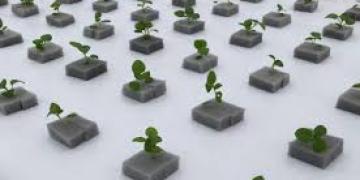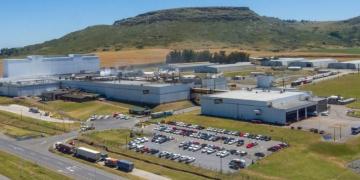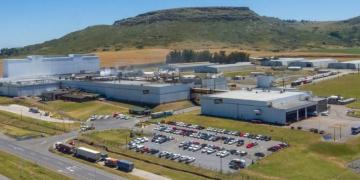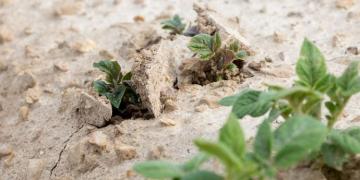Mexico: Reduced potato acreage; producers uncertain due to falling prices
Almost a month after the start of potato planting in the northern region of the state, progress shows 9,000 hectares planted, out of an estimated goal of between 14,000 and 15,000 hectares for this cycle.
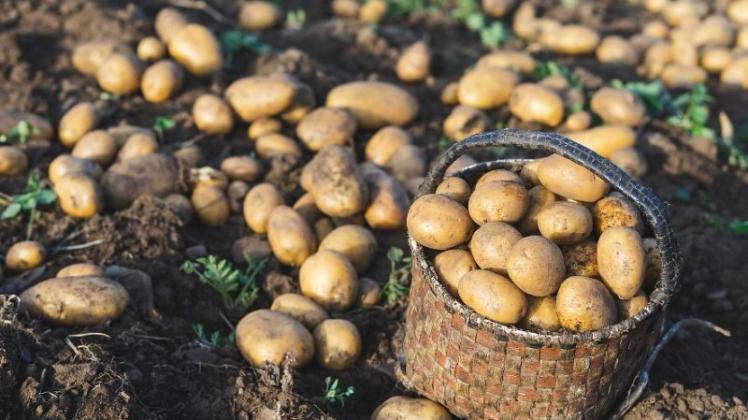
The projected area will be less than last season, when 17,000 hectares were planted, reported Jorge Benjamín López Rosas, president of the Specialized Potato Section of the Southern Fuerte River Farmers Association (AARFS).
López Rosas noted that crop development is favorable thanks to the weather conditions, so production expectations for this year are positive. The first harvests could begin at the end of January.
The agricultural leader emphasized that potato production is a major driver of the northern Sinaloa economy, due to the large number of jobs it generates during planting and harvesting. Each growing season, he said, this crop creates more than 7,000 jobs.
"It is an important source of employment both in planting and harvesting; we know that it is a very important engine for the region’s economy," he said.
Marketing, the most complicated link.
Although crop development is progressing normally, the head of the specialized department acknowledged that marketing remains the most critical point in the production chain. He predicted a challenging outlook, but urged everyone to remain optimistic.
"We still have potatoes from last season stored in Sinaloa and other states. Prices are very low. We hope the market will pick up when our production comes in. We have the best quality, but we don’t know what will happen; we hope the situation improves."
Uncertainty due to the price collapse.
Currently, the price of potatoes ranges between 3 and 6 pesos per kilo, an insufficient amount to cover production costs. For the harvest to be profitable, explained López Rosas, the price should be between 9 and 10 pesos per kilo.
The drop in the market, he explained, is mainly due to two factors: the high inventories of potatoes stored from the previous cycle and imports.
Excessive imports are saturating the national market and displacing local products.
"Potatoes continue to enter the country. You’ve seen them in the supermarkets; they’re not the best quality. We encourage the public to consume local potatoes, which are of the best quality. Of course, it affects us that imported potatoes continue to be allowed in."
With the agricultural cycle progressing, but a depressed market, producers are preparing to face an uncertain scenario in the coming months.
Fuente: meganoticias.mx

